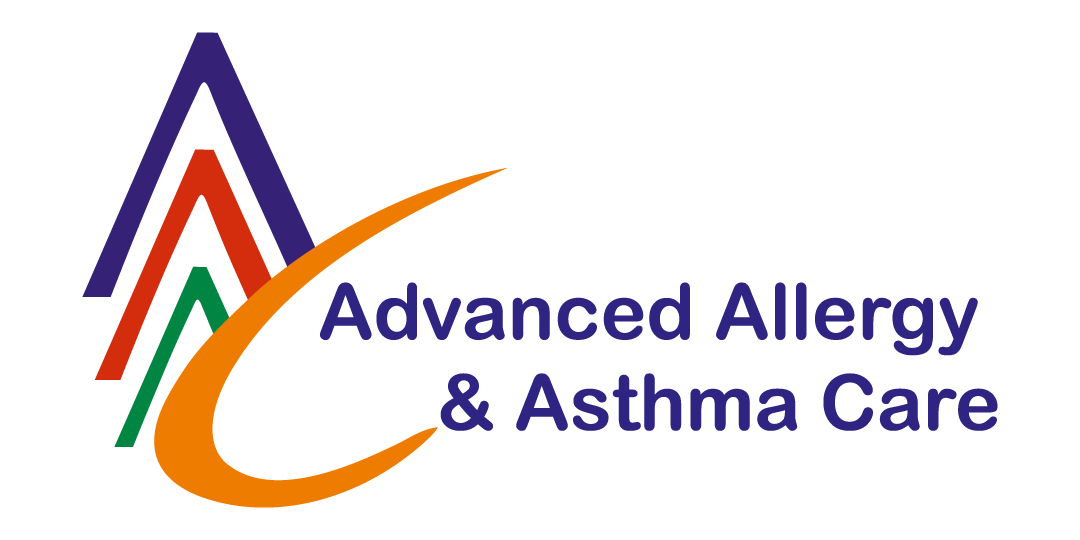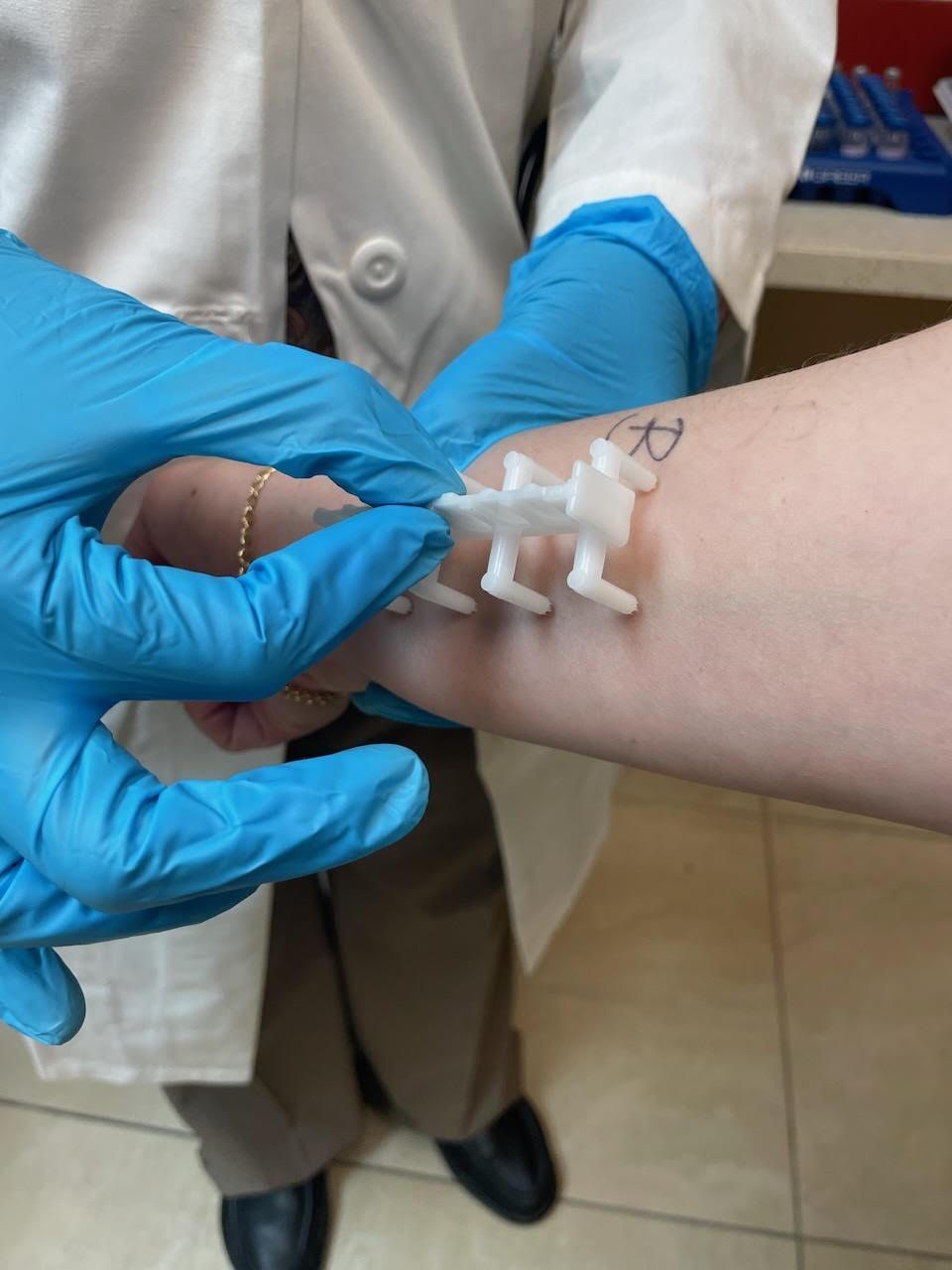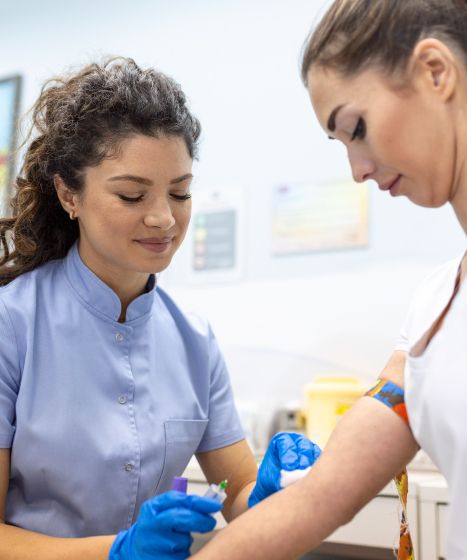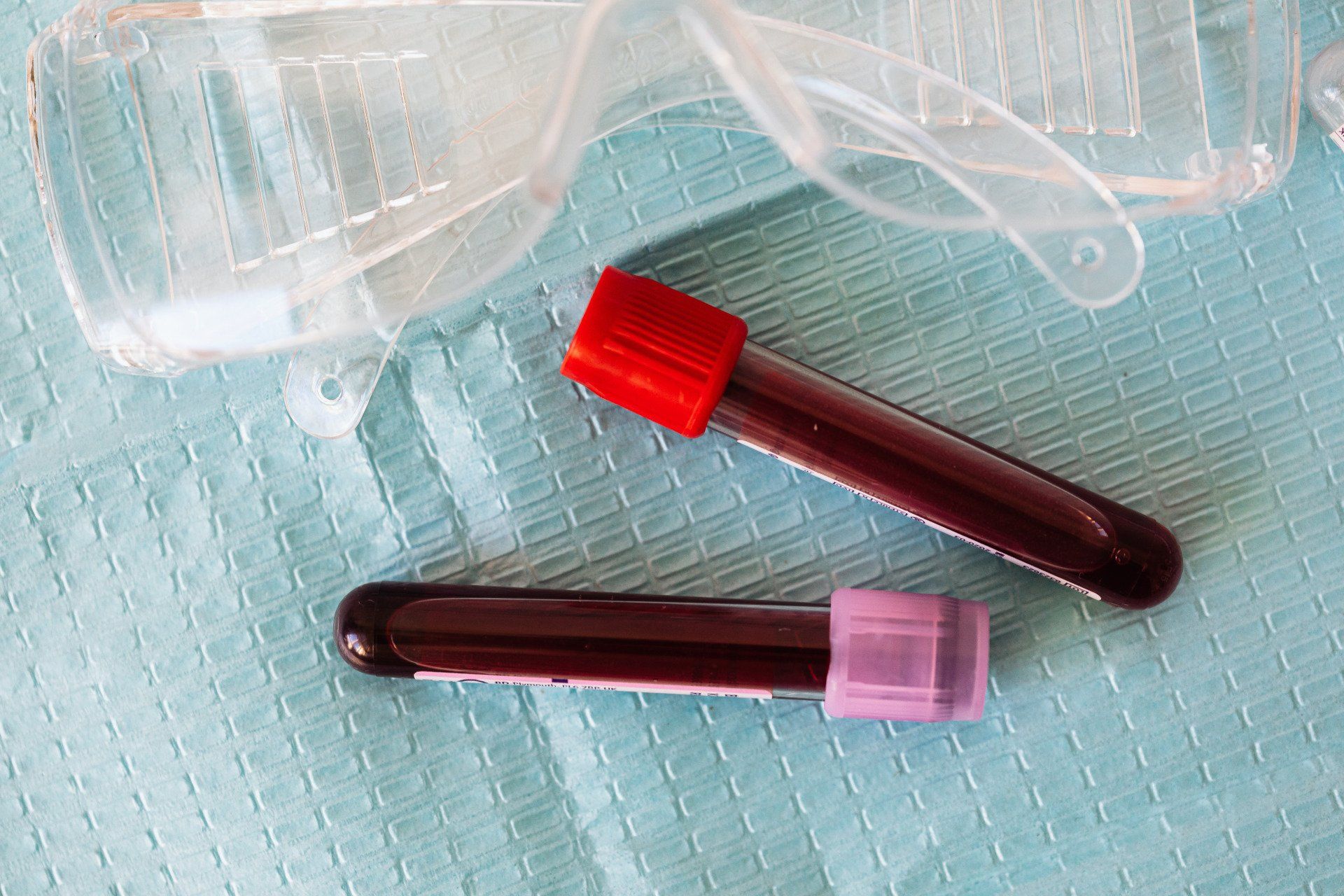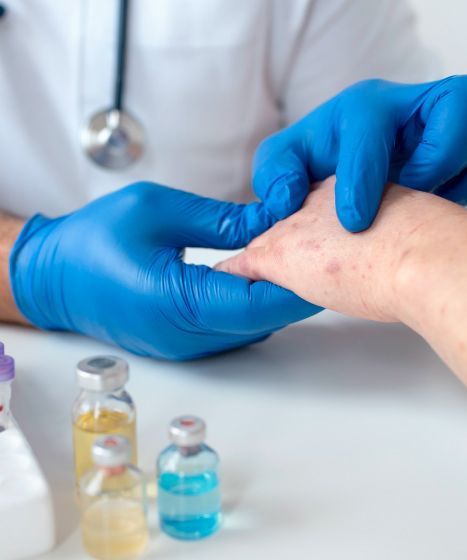Food Allergy Testing and Treatment
Home > Food Allergy
Eating Without Fear: Food Allergy Testing and Treatment
Taking the Stress Out of Mealtimes
Eating with allergies may sometimes take away the fun and excitement of a tasty meal. But with the help of food allergy testing and treatment, you can unleash your inner food enthusiast and enjoy every bite!
Advanced Allergy and Asthma Care's combination of specialized expertise, advanced diagnostic tools, personalized treatment plans, and a patient-centered approach make it an ideal choice for those seeking comprehensive care for food allergies. Our commitment to ongoing education and support reinforces our reputation as a leading allergy and asthma treatment institution
Appointment Preparations for Food Allergy Treatment
Follow these steps to prepare for your food allergy treatment appointment to ensure a safe and successful experience.
Food Allergies 101: What You Need to Know
What Are Food Allergies?
An allergic reaction to food is an immune system response occurring soon after eating certain foods.
In extreme cases, food allergies lead to anaphylaxis. Seek medical assistance at the nearest healthcare facility to avoid further complications.
Common food allergies include:
- Peanuts
- Tree nuts
- Shellfish
- Fish
- Milk
- Eggs
- Wheat
- Soy
Food allergy symptoms include:
- Food allergy hives
- Itching
- Swelling
- Nausea
- Vomiting
- Abdominal pain
- Difficulty breathing
- Rash from a food allergy
Did You Know?
In 2024, it's projected that approximately 17 million individuals in the United States will have a confirmed food allergy.
Food Allergy Testing
Testing for food allergies is essential in identifying the signs and symptoms. There are several standard methods available for testing that produce accurate results.
Food Allergy Treatment
Understanding how to manage and treat food allergies is crucial for individuals and their families.

